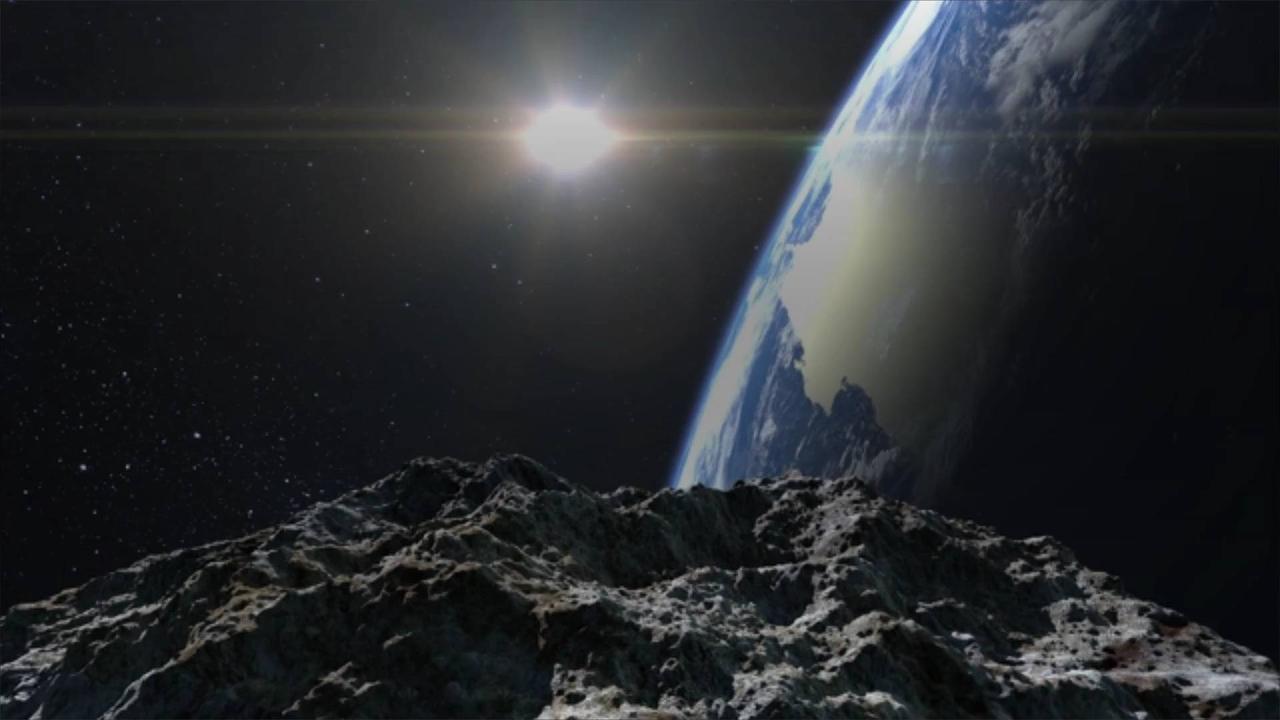
Samples From Near-Earth Asteroid , Reveal Building Blocks of Life.
CNN reports that Japan's Hayabusa2 mission has detected organic molecules in samples collected from near-Earth asteroid Ryugu.
According to researchers, samples taken from two different locations on the asteroid revealed uracil, a key element in the building blocks of RNA.
CNN explains that uracil is a nitrogen-containing compound, otherwise known as a nucleobase, and one of the five nucleobases found in DNA and RNA.
The samples also revealed evidence of niacin, otherwise known as B3, which plays a critical role in the metabolic processes of living organisms. CNN reports that Ryugu is known to be a carbon-rich, diamond-shaped asteroid measuring an estimated 3,000 feet wide.
Japan's Hayabusa2 mission was the first attempt to bring back and analyze a subsurface sample from an asteroid.
.
The Japanese Aerospace Exploration Agency was the first to detect amino acids and other molecules in the samples collected from Ryugu.
Scientists have previously found nucleobases and vitamins in certain carbon-rich meteorites, but there was always the question of contamination by exposure to the Earth’s environment, Yasuhiro Oba, lead study author and associate professor at Hokkaido University in Japan, via CNN.
Since the Hayabusa2 spacecraft collected two samples directly from asteroid Ryugu and delivered them to Earth in sealed capsules, contamination can be ruled out, Yasuhiro Oba, lead study author and associate professor at Hokkaido University in Japan, via CNN.
The details of the team's findings were published March 21 in the journal 'Nature Communications.'
